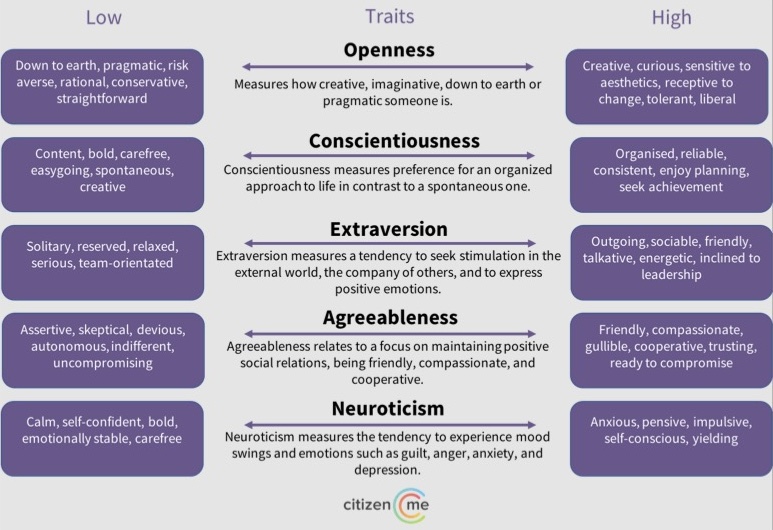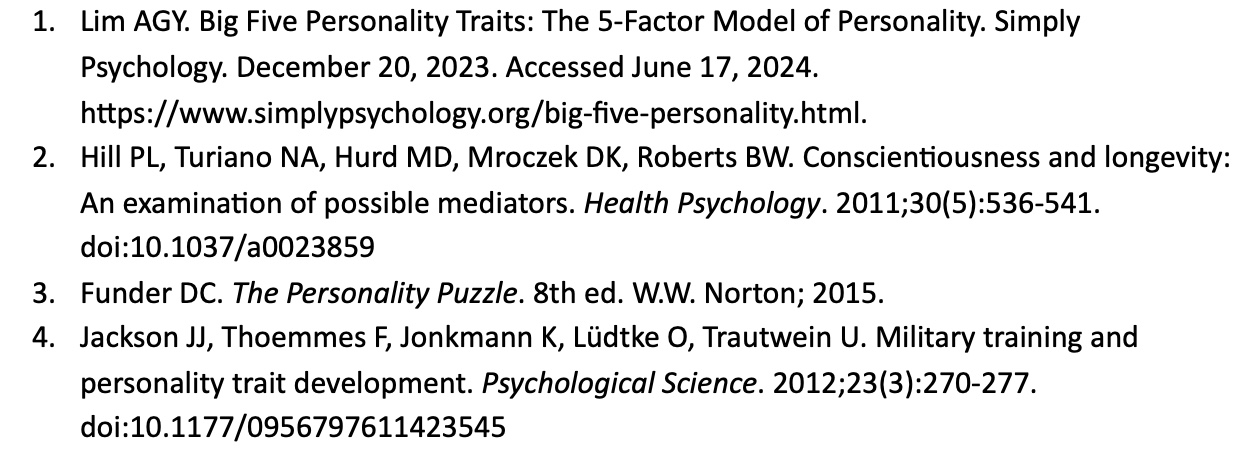Session Information
Date: Saturday, November 16, 2024
Title: Patient Perspectives Poster
Session Type: Poster Session A
Session Time: 10:30AM-12:30AM
Background/Purpose: Until age 32, I was a healthy, confident, extraverted, and creative person. I moved hundreds of miles away for college and then earned a master’s degree while living in Asia. I climbed the corporate ladder while being the “mom” of my friends – fun, but prepared for anything. I lived life beyond its fullest.
In 2014, I developed painful muscular and nerve symptoms, initiating a long diagnostic process beginning with a neurologist. The symptoms evolved, culminating in an eventual rheumatoid arthritis (RA) diagnosis. My grandmother also had RA, driving hours to receive treatment with gold injections. In partnership with my care team, my symptoms are now managed with a comprehensive regimen of medication and lifestyle modifications. My medications include hydroxychloroquine, topiramate, methotrexate, and infliximab; lifestyle modifications include exercise, increased sleep, and decreased personal and professional commitments.
Intervention: Accepting that my RA diagnosis and chronic disease journey have changed my personality has led to increased awareness and, thus, improved quality of life.
The Big 5 personality traits are broad dimensions of personality often remembered with the acronym OCEAN: Openness, Conscientiousness, Extraversion, Agreeableness, and Neuroticism.1 Among these, Consciousness is the trait most associated with longevity and health.2 However, what remains lesser studied is how health challenges can impact personality.
The possibility of personality change remains controversial in psychology. However, research suggests that life experiences can change personality.3 For example, military training has been associated with short- and long-term personality changes.4 Maintenance of a chronic disease like RA can lead to lifestyle disruption and mental burden akin to military training, thus also contributing to personality change.
Maintenance: My experience with RA decreased my Openness trait resulting in more risk aversion and less receptivity to change due to keeping appointment schedules, medication routines, sleep cycles, increased risk of infection, and other health needs. I have also become less Extraverted and Agreeable. Canceling plans for health reasons such as pain, illness, and the need for rest has increased solitude and decreased leadership ambition. Lastly, RA increased my Neuroticism trait characterized by increased anxiety and decreased calm.
Understanding how RA has impacted my personality has facilitated appropriate adjustments. For example, I now choose different hobbies and social activities to accommodate these changes. I reduced my employment from full-time to consulting to manage my workload and schedule. Overall, maintaining a high level of Consciousness of these changes is critical to improving my mental and physical health.
Quality of Life: Understanding and adapting to personality changes with the support of a strong healthcare team and a combination of medication and non-pharmacological management might help one respond to chronic disease in ways that can enhance quality of life and mental health. Through these methods, I have achieved balance and, thus, a satisfactory quality of life.
(CitizenMe. November 14, 2018. Accessed June 17, 2024. https://www.citizenme.com/analysing-psychometrics/ocean2/.)
To cite this abstract in AMA style:
Sambursky L, Sambursky L. An OCEAN of Change: The Impact of an RA Diagnosis on My Big Five Personality Traits [abstract]. Arthritis Rheumatol. 2024; 76 (suppl 9). https://acrabstracts.org/abstract/an-ocean-of-change-the-impact-of-an-ra-diagnosis-on-my-big-five-personality-traits/. Accessed .« Back to ACR Convergence 2024
ACR Meeting Abstracts - https://acrabstracts.org/abstract/an-ocean-of-change-the-impact-of-an-ra-diagnosis-on-my-big-five-personality-traits/


